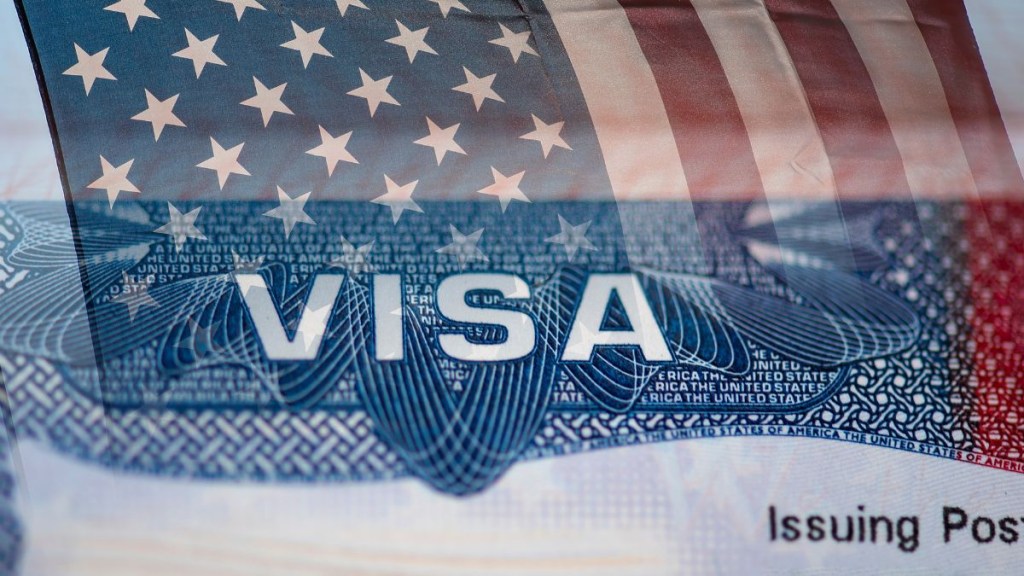US Visa: In a significant escalation of its immigration clampdown, the Trump administration is introducing a pilot programme that could require certain applicants for US business and tourist visas to post financial bonds of up to $15,000, reports the Associated Press. The move, which is likely to impact thousands of prospective travellers, is part of a broader push to deter visa overstays and tighten border control measures.
Visa bonds to target countries with high overstay rates
According to a notice to be published in the Federal Register, the US State Department will initiate a 12-month pilot scheme requiring visa applicants from countries with high overstay rates or poor internal document security to post bonds of $5,000, $10,000 or $15,000. These bonds would be refundable upon timely departure from the United States and compliance with visa terms.
The measure, which will not affect citizens of countries in the Visa Waiver Program, including most of Europe, Japan and Australia, is being justified on grounds of national security and administrative efficiency. The government says the policy aims to ensure that the US does not bear the financial burden when visitors fail to comply with their visa terms.
How will it affect Indians?
Once the new visa rule comes into effect, Indians applying for B-1 (business) and B-2 (tourist) visas from countries identified by the US State Department as having high visa overstay rates or inadequate vetting may have to post a bond of $5,000, $10,000, or $15,000 as a condition of visa issuance. The bond acts as a financial guarantee to ensure visa holders comply with the terms of their visas and leave the US on time. If they do, the bond is fully refunded.
Applicants face tougher rules and added costs
While the specific countries targeted under the bond scheme have not yet been named, the proposal has already triggered concerns that the cost of visiting the United States may become prohibitive for many. The policy could disproportionately impact travellers from developing nations, particularly those in Africa, South Asia, and parts of Latin America, where visa overstay rates tend to be higher.
The Trump administration has also announced stricter requirements for nonimmigrant visa applicants. From September 2, most applicants, including children under 14 and adults over 79, will need to attend in-person interviews, reversing previous policies that allowed many to bypass this step. This is to increase processing delays and administrative burdens on both travellers and consular staff.
Curbs on the Diversity Visa Lottery
Apart from this, the Trump administration has proposed that all applicants for the Diversity Visa Lottery must hold valid passports from their country of citizenship at the time of application. The move is intended to reduce fraud and ensure proper vetting, but critics argue it may disenfranchise legitimate applicants from less developed countries with limited passport access.
The timing of these announcements has raised eyebrows, coming amid growing tensions over immigration, employment, and trade between the US and several key global partners.
